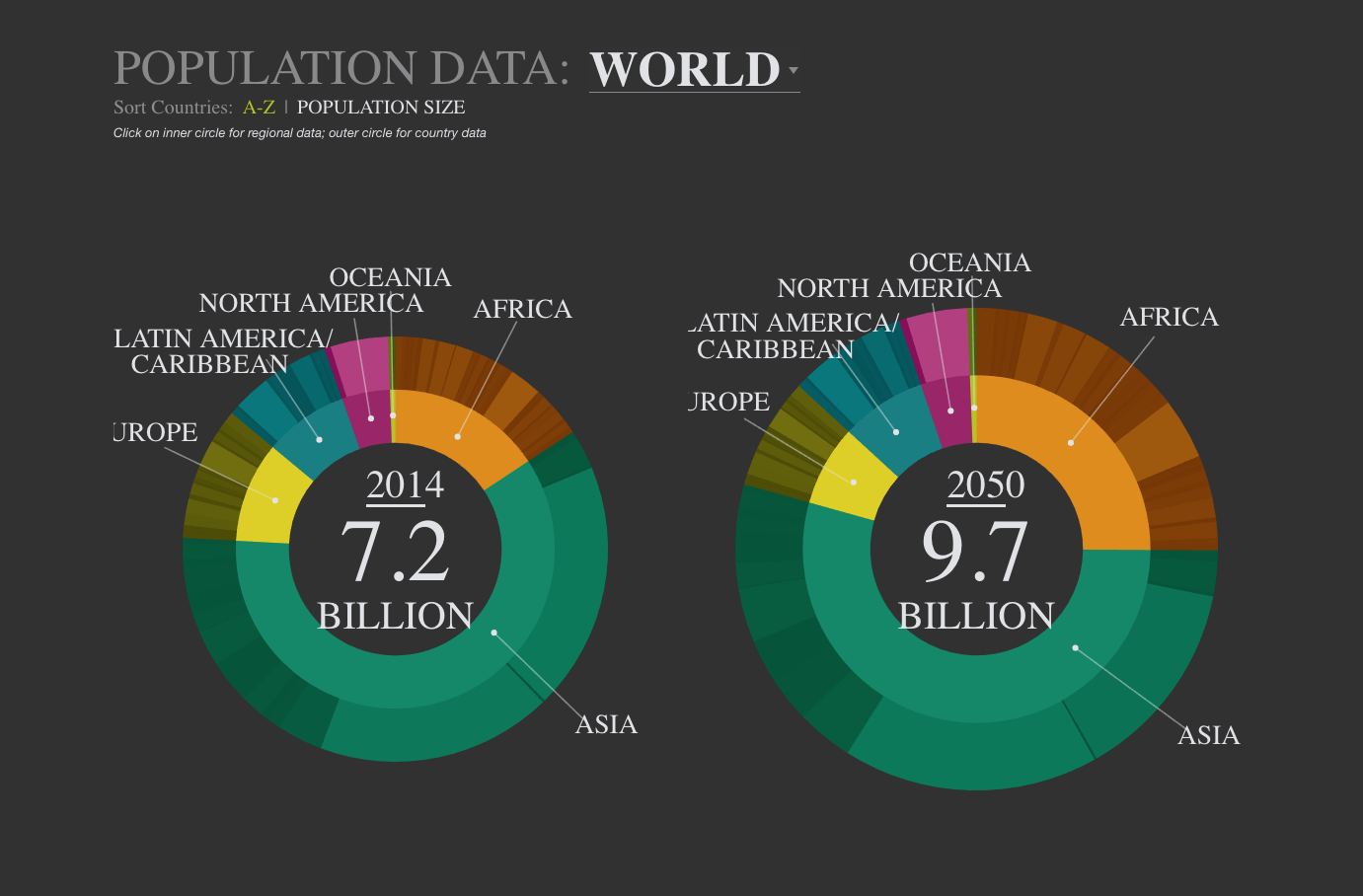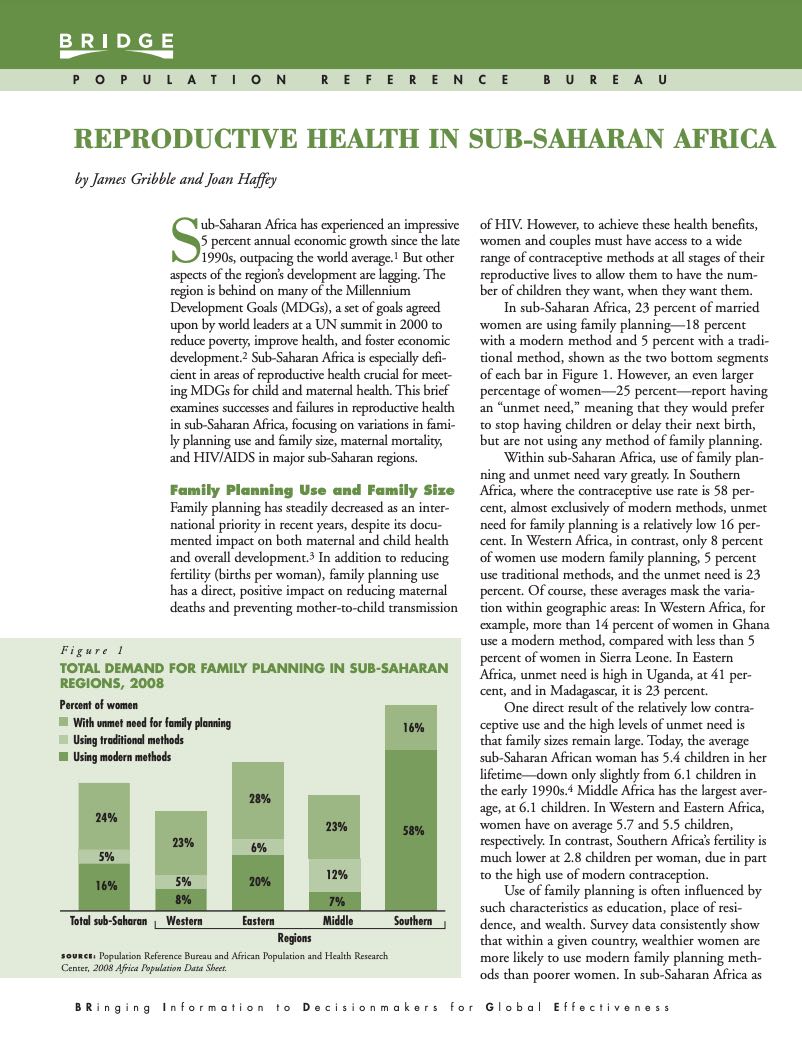Presidential Elections: Swing States and Bellwethers
(2004) As the 2000 election made clear, the presidential election actually is a series of 51 “winner take all” contests in each state and the District and Columbia. The candidate who wins a particular state is entitled to all of that state’s electoral votes—the equivalent of that state’s total number of senators and representatives.




